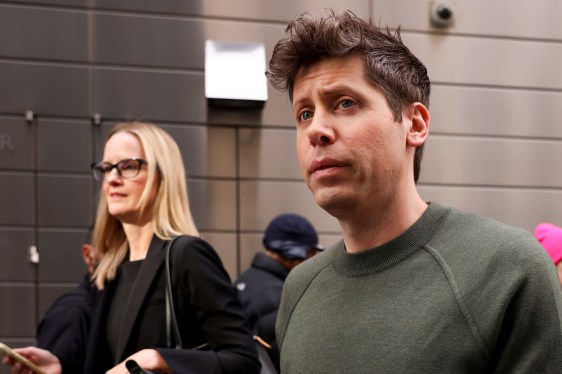AI’s Future Unleashed: Sam Altman Predicts Breakthrough Insights in 2026

OpenAI CEO Sam Altman recently emphasized the transformative potential of artificial intelligence (AI) in his latest essay, “The Gentle Singularity.” In it, he envisions significant developments will occur over the next 15 years, with 2026 marking a pivotal year for AI generating unique insights. Altman’s balance of optimism regarding AI’s capabilities and caution concerning its imminent arrival presents a nuanced view of the technology’s trajectory.
Historically, Altman’s essays have outlined exciting prospects whereby artificial general intelligence (AGI) could redefine our understanding of work and society. His latest writings suggest that AI may soon possess the ability to provide novel insights through enhanced reasoning.
OpenAI is not alone in this ambitious AI landscape. Key competitors like Google have also launched initiatives aimed at AI systems capable of generating innovative hypotheses. For instance, Google’s recent innovations include the AlphaEvolve project, which has made strides in tackling complex mathematical challenges through novel coding strategies. Additionally, startups, notably FutureHouse, are making waves by claiming to have achieved significant scientific discoveries through their AI tools.

In this shifting landscape, emerging technologies aim to streamline scientific processes, offering the possibility of revolutionizing research in fields like drug discovery and material sciences. OpenAI’s previous successes with AI agents, as discussed in Altman’s January offerings, showcase the company’s commitment to pushing boundaries and redefining capabilities in AI.
Despite the promising outlook, skepticism persists within the scientific community regarding AI’s ability to generate genuine originality. Esteemed voices, such as Hugging Face’s Chief Science Officer Thomas Wolf, argue that current AI models are lacking in their capacity to pose profound questions, a crucial element for scientific breakthroughs. Further concerns outlined by experts like Kenneth Stanley, a former OpenAI lead, caution that AI models currently lack the creativity to develop new hypotheses effectively.
As 2026 approaches, the AI community watches closely to see whether Altman and OpenAI can fulfill their predictions. While the ambition to realize AI systems that produce groundbreaking insights is commendable, the journey may be fraught with challenges that test the limits of current technology. Altman’s essay serves as a crucial indicator of the direction OpenAI is pursuing, leaving many eager to learn what lies ahead in the rapidly evolving field of artificial intelligence.
